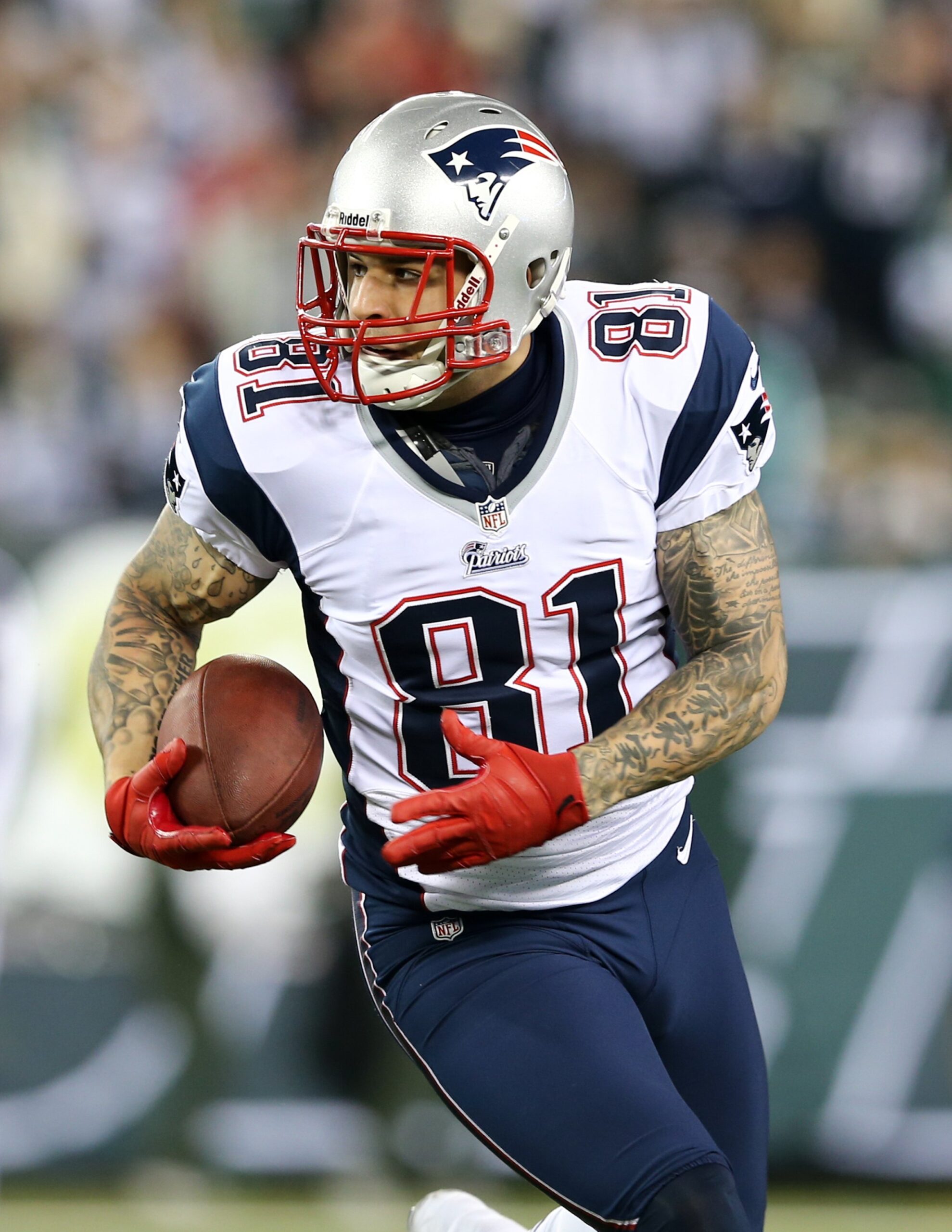The Netflix documentary series Losers focuses on sports’ greatest losers and the lessons we can learn from them. It tells the stories of eight of the most unfortunate runners-up. It’s about the human drama in losing, and the personal, physical and societal challenges athletes face.

